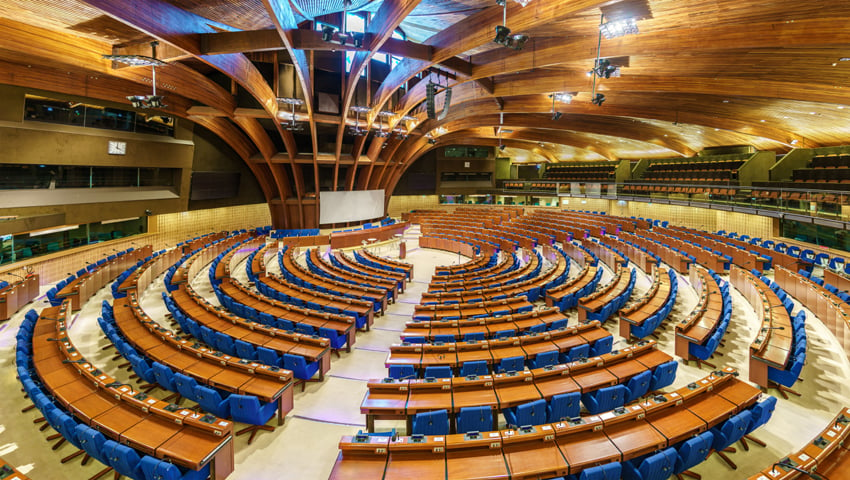THE EUROPEAN Parliament has voted to support new rules to improve product longevity by combatting greenwashing and misleading claims on consumer labels, such as ‘CO2 neutral’ or ‘carbon neutral’.
A proposal for new directive on empowering customers for the green transition was supported in plenary by an overwhelming majority of 544 votes in favour, 18 against and 17 abstentions, opening the way for talks with EU member states to finalise the law.
Euractive reports that the directive, tabled in March last year, aims to help customers make environmentally friendly choices and encourages companies to offer them more durable products.
“This proposal aims to strengthen the fight against greenwashing by banning practices that mislead consumers on the actual sustainability of products,” EU Justice Commissioner Didier Reynders told MEPs during the Parliament’s plenary session in Strasbourg. “By doing so, consumers can choose products that are generally better for the environment. This will encourage competition towards more environmentally sustainable products,” he added.
The draft directive bans the use of generic environmental claims such as ‘environmentally friendly’, ‘natural’, ‘biodegradable’ or ‘eco’ if they are not supported by evidence. Other misleading practices, such as making green claims about the whole product when only one part is sustainable, will also be forbidden.
Crucially, it will only be possible to use sustainability labels based on official certification schemes recognised or established by public authorities.
Lawmakers will also introduce a ban on environmental claims based on carbon offsetting schemes, such as ‘CO2 neutral’ or ‘carbon neutral’, which have been criticised by environmental groups for misleading consumers. The European Environmental Bureau said, “this is a significant victory for consumers and the environment.”
The EU Parliament also voted to ban the introduction of design features that limit a product’s life or lead to goods malfunctioning prematurely. Moreover, producers will not be allowed to restrict a product’s functionality when used with spare parts or accessories produced by other companies.
To encourage companies to prioritise durability, MEPs have suggested introducing a new guarantee label that indicates the mandatory guarantee lengths and any potential extensions manufacturers offer.
With the Parliament’s position now decided, talks to finalise the law can begin with the 27 EU member states represented in the EU Council of Ministers.
This article is based on an piece from Euractive
